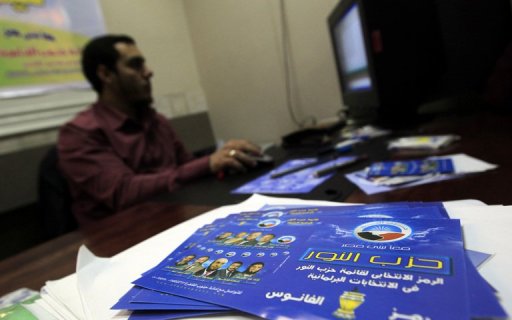Nearly half of the girls affected annually are in Egypt and Ethiopia
GENEVA: The WHO (World Health Organization) said Friday that female genital mutilation is a form of torture that must be stamped out, even if it is performed by trained medical personnel.
The medicalization of female genital mutilation, often called female circumcision and also known as FGM, fails to prevent innocent girls from being permanently scarred by the procedure, threatening them as adults when giving birth and endangering the lives of their newborn babies, the WHO said in unveiling a report on genital mutilation s maternal health effects.
Performing genital mutilation is the worst thing that a medical doctor could possibly do, said Joy Phumaphi, WHO assistant director-general and a former health minister from Botswana. It is even worse than turning a blind eye, because you are legitimizing violation of a basic human right and violence against an innocent victim.
There can be no justification for doctors and nurses to come and supervise the torture, Phumaphi said.
Genital mutilation is practiced primarily in parts of sub-Saharan Africa and the Middle East. It normally is performed on girls under 10. More than 100 million women and girls worldwide are believed to have been genitally mutilated, the UN health agency said.
The mutilation usually involves removal of the clitoris. Those who practice it believe it tames a girl s sexual desires, maintains her honor and increases her marriageability. It is practiced by both Muslims and Christians.
An estimated 3 million women and girls undergo genital mutilation each year, according to UNICEF. Nearly half of the girls affected annually are in Egypt and Ethiopia, but groups continue the rite in at least two dozen other countries.
When the world is trying to save animals, when the world is trying to save plants, women in Africa are subjected to unnecessary torture in the name of tradition, said Berhane Ras-Work, president of the non-governmental group IAC, which campaigns against genital mutilation. It is a horrendous practice, it should not be allowed, it should be condemned, it should be stopped.
An increasing number of girls are being subjected to the practice at the hands of trained medical personnel, a UNICEF report said last year, citing the examples of Egypt, Guinea and Mali. Egypt s health ministry has said nearly half of all circumcised schoolgirls had their procedures performed by trained staff in a clinic.
While medicalization may help against the spread of HIV/AIDS through the use of cleaner instruments for the procedure, Geneva-based WHO said it was opposed to any proposals that would endorse genital mutilation.
It s the same as attempting murder with a clean knife, Phumaphi told reporters.
The WHO s study, to be published Friday in The Lancet medical journal, found that women who have suffered the most serious form of genital mutilation have a 70 percent greater chance of experiencing post-childbirth hemorrhage compared with women who weren t mutilated.
In countries where childbirth mortality rates for women are already high, this particular process is practically a death sentence for them, Phumaphi said.
Children of genitally mutilated women also are at greater risk, the study found. Depending on the severity of the mutilation, neonatal death rates for these children range from 15 to 55 percent higher compared to other babies.
The WHO s study involved over 28,000 women in six African countries where FGM is common – Burkina Faso, Ghana, Kenya, Nigeria, Senegal and Sudan.
Ras-Work said some countries in Africa were doing better than others in trying to snuff out the practice. She cited Burkina Faso and Senegal as positive examples of where attitudes were being changed and FGM was declining.
While all 28 countries mentioned in the report have pledged to combat genital mutilation, most have failed to enforce laws or implement policies aimed at eradicating the practice, Ras-Work said.
Chad, Djibouti, Sierra Leone and Sudan are examples of countries that need to do more, she said.


